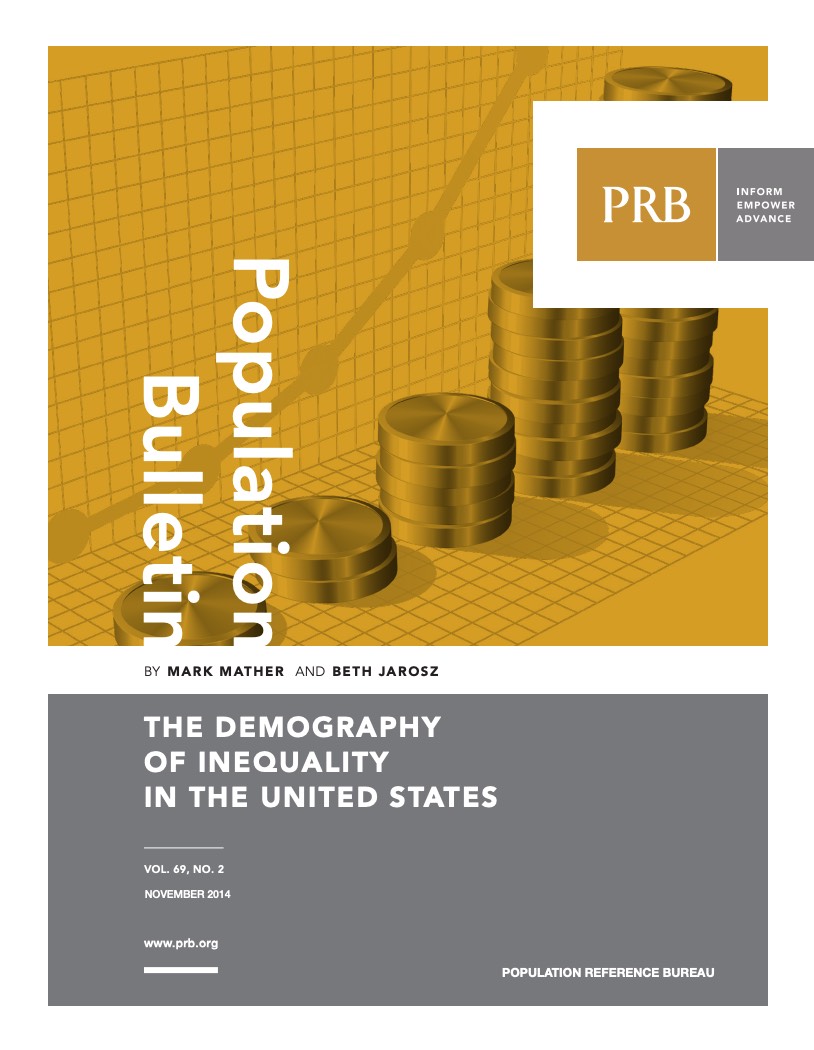603 Search Results Found For : "%EA%B0%95%EB%A6%89%EB%8D%B0%EC%9D%B4%ED%8A%B8%EB%8C%80%ED%96%89%EF%BC%BBkatalk:za32%EF%BC%BD%EB%B4%84%EB%82%A0%20%EB%85%B8%EB%9E%98%EB%B0%A9:www.za32.net"
PRB Discuss Online: How Are Latino Children Doing in the United States?
(2010) Over the past 20 years, the number of Latino children under age 18 living in the United States has doubled, making them one of the fastest-growing segments of the national population.
The Dual Burden of Overweight and Underweight in Developing Countries
(2006) Undernutrition remains a devastating problem in many developing countries—affecting over 815 million people and causing more than one-half of all child deaths.1 But while governments in these countries continue efforts to reduce hunger, that focus neglects the growing rate of overweight and obesity in the developing world.2 Increasingly, health systems in poor countries are simultaneously confronting under- and overnutrition—not only at the national level, but also within households.

The Demography of Inequality in the United States: Introduction
(2014) A convergence of demographic trends and disparities is contributing to a new economic reality for the U.S. population, characterized by higher levels of poverty and inequality.
Ukraine’s Demographic Reality
(2014) Ukraine, a former republic of the Soviet Union, has undergone a series of dramatic demographic changes since its independence in 1991. Most significant, its birth rate declined sharply following independence, mirroring similar developments in other former Soviet republics.
Mozambique Struggles to Shake Off Effects of Civil Strife
(2003) The lingering effects of a long civil war, climatic changes, and infectious diseases represent major threats to life in the southern African nation of Mozambique, where 17.5 million people live, the vast majority in rural poverty.

